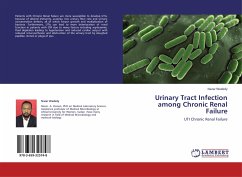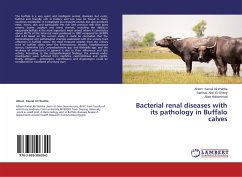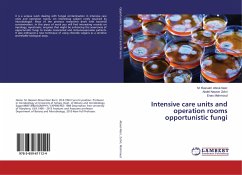Opportunistic infection is a serious clinical complication in patients receiving immunosuppressive therapy after kidney transplantation. The two major factors for successful renal transplantation are better control of rejection and better prevention and treatment of infection. In renal allograft recipient, immunosuppressive drug therapy is the major cause of immunocompromised status and occurrence of infections, which arise most commonly as a result of invasion by endogenous opportunists. The opportunistic infections with varicella zoster viruses, parvovirus B-19, polyomavirus, nocardia and mucormycosis in immunosuppressed patients were present with severe complications. As a result of use of strong immunosuppressive drugs like tacrolimus, mycophenolate mofetyl and antirejection therapy with antithymocyte globulins, these infections are now seen frequently, so they should always be included in differential diagnostic consideration. New diagnostic procedures and new treatment strategies are required to allow early detection and successful treatment of opportunistic infections in kidney transplant recipients
Bitte wählen Sie Ihr Anliegen aus.
Rechnungen
Retourenschein anfordern
Bestellstatus
Storno








